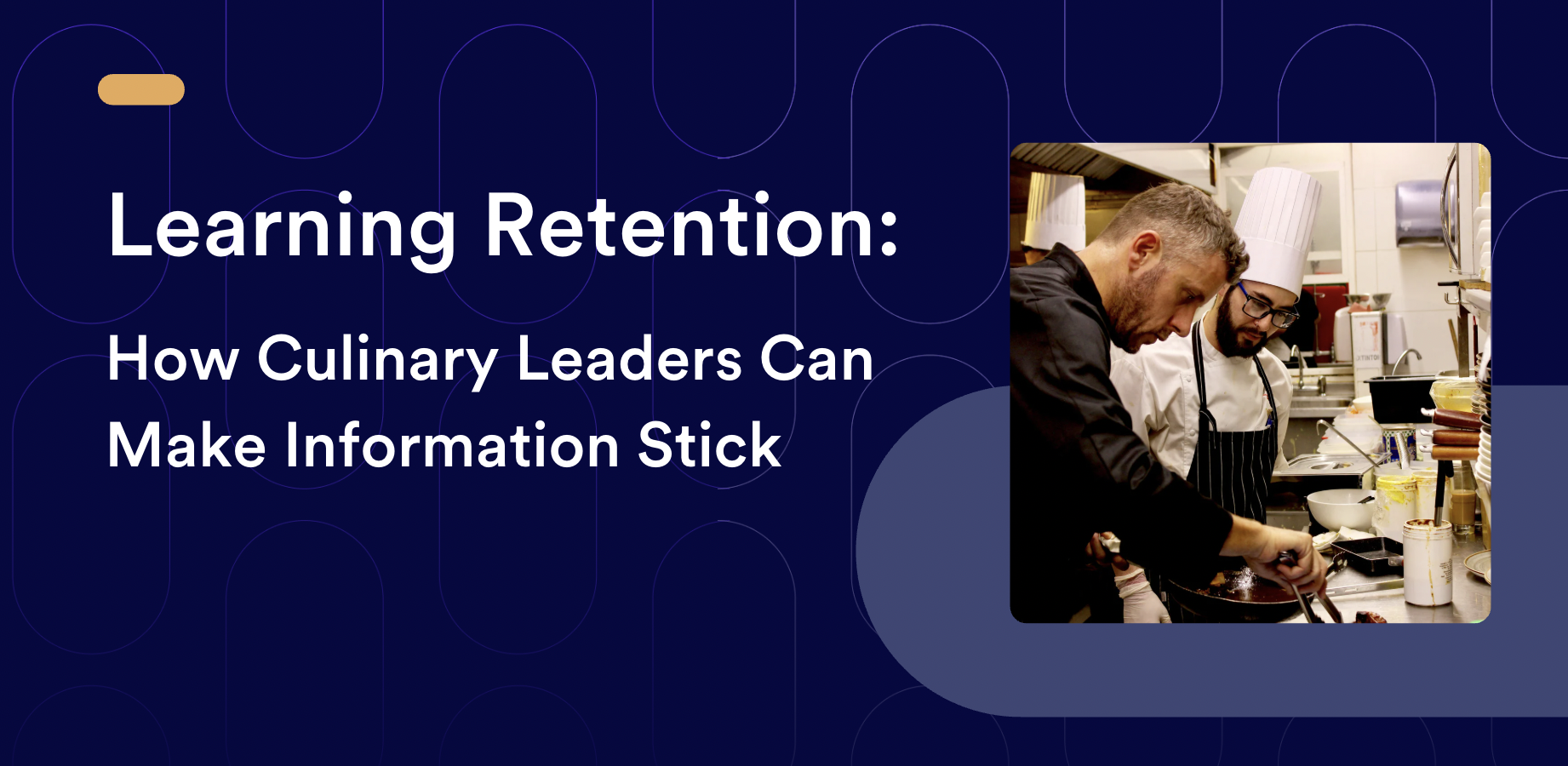In the competitive world of the restaurant industry, where every detail can make or break a business, the importance of data has never been more apparent. Sales and purchase data have long been the go-to metrics for improving profitability, but there’s another, often overlooked, data set that holds tremendous potential: recipes.
When harnessed effectively, recipe standardization can be a game-changer, driving consistency, reducing waste, and enhancing overall profitability.
Recipe Data: What is it?
Recipes encompasses every detail about the ingredients, quantities, preparation steps, and cooking times required for each dish on your menu. While sales and purchase data help track financial transactions and manage inventory, recipes are the backbone of culinary consistency.
However, despite its critical importance, recipe data remains underutilized in the industry. This is largely due to the challenges associated with capturing, updating, and managing this information in a busy kitchen environment.
The Challenge of Recipe Standardization
Recipe standardization is the process of documenting and organizing recipes in a way that ensures every dish is prepared consistently, regardless of who’s in the kitchen. But achieving this consistency is easier said than done.
- Volume and Complexity: Many restaurants have extensive menus with a wide variety of dishes, each requiring detailed recipes. Documenting and organizing this vast amount of information can be overwhelming, particularly when transitioning from paper-based systems to digital formats.
- Transition to Digital: For many restaurants, recipes are still stored in handwritten or printed formats, making them prone to being lost, damaged, or outdated. Digitizing these recipes is not only time-consuming but also requires meticulous attention to detail to ensure that the quality and consistency of dishes are maintained.
- Staff Adaptability: Kitchen staff, especially those accustomed to traditional paper methods, may resist using digital tools or find them challenging to navigate. This can complicate the process of standardizing recipes and integrating them into a digital system.
- Frequent Updates: Menus are dynamic, often changing to incorporate seasonal ingredients, respond to customer feedback, or introduce new dishes. Keeping digital recipes up-to-date requires a robust system for managing changes and ensuring that all staff can access the latest versions.
The Power of Recipe Standardization
Despite these challenges, the benefits of recipe standardization are significant. When recipes are accurately documented and consistently followed, restaurants can achieve:
Enhanced Profitability: By ensuring that each dish is prepared with the same ingredients in the same quantities, restaurants can better control food costs and reduce waste. Accurate recipes allow for precise cost calculations, enabling better pricing strategies and improving margins.
Operational Efficiency: Digital recipe management system simplify the process of updating and accessing recipes. This not only saves time but also reduces the likelihood of errors, ensuring that every dish meets the restaurant’s standards of quality.
Consistency Across Locations: For multi-location restaurants, recipe standardization is crucial for maintaining brand consistency. By using a single platform to manage recipes, restaurants can ensure that every location delivers the same high-quality dishes, regardless of who’s in the kitchen.
Accurate Theoretical Food Costs: Understanding and controlling food costs is essential for any kitchen manager. Digital solutions provide real-time data and insights, helping you make informed decisions that keep costs in check and improve overall profitability.
Reduced Training Time: Standardized recipes make it easier to train new staff, as they provide clear, step-by-step instructions for preparing each dish. This reduces the time required to bring new employees up to speed and ensures that they can quickly and confidently contribute to the kitchen’s operations.
How meez Empowers Recipe Standardization
meez is designed to overcome the challenges associated with recipe standardization. By providing a comprehensive digital platform for managing recipes, meez allows restaurants to meez allows restaurants to train staff 70% faster by:
- Locating Recipes Instantly: Categorize recipes by season, station, menu type, and location, and quickly find them using smart search and filters. This eliminates the need to dig through handwritten cards or binders.
- Avoiding Miscommunication: Notify staff of recipe and document changes automatically. Send real-time recipe updates to your team, ensuring that everyone is on the same page.
- Preventing Versioning Chaos: With meez, you can avoid the confusion of multiple versions of the same recipe, ensuring consistent execution no matter where items are being prepared.
Conclusion: Unlocking the Potential of Your recipes
Recipes, when standardized and integrated into your business operations, can unlock significant cost savings, improve consistency, and drive profitability.
While the industry has traditionally focused on sales and purchase data, it’s clear that recipe data is the missing link to restaurant profitability. By embracing digital solutions like meez, restaurants can harness the power of their recipes to achieve operational growth and stability, ensuring that every dish not only meets but exceeds customer expectations.
In an industry where every detail matters, the time to unlock the power of recipes is now.







